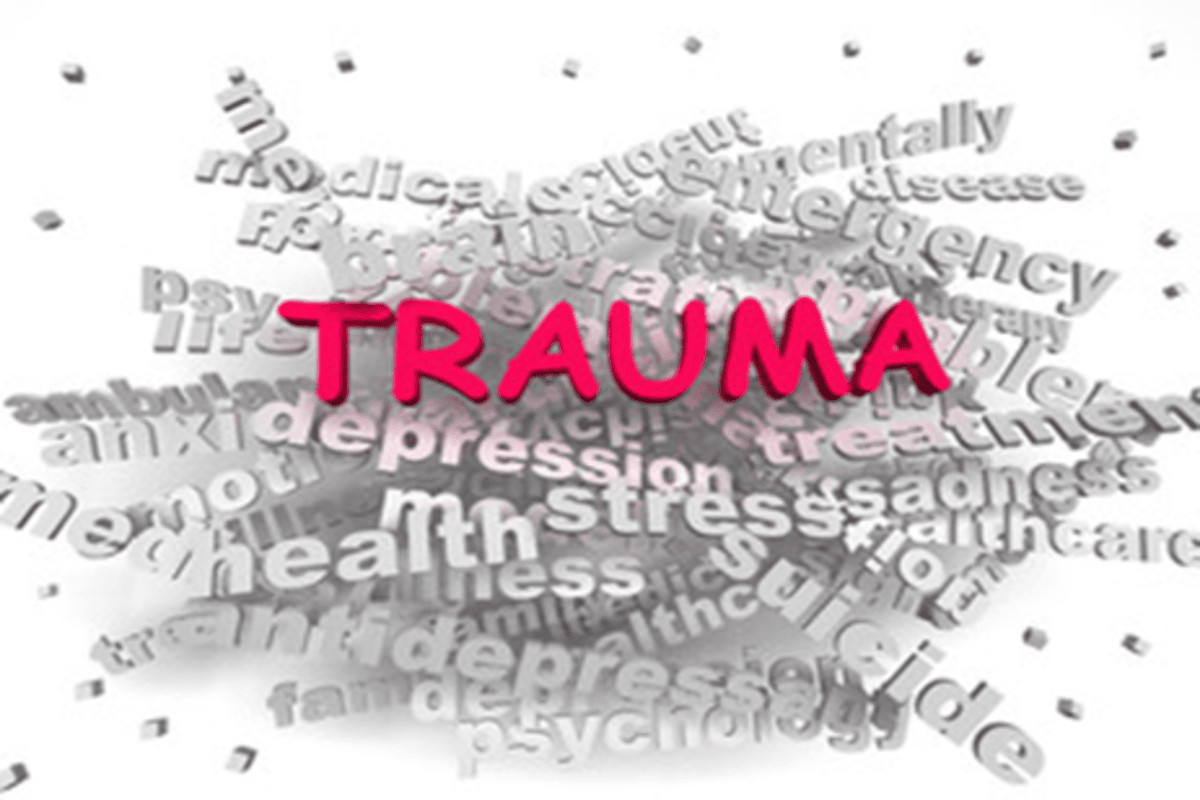Trauma is a deeply personal experience that can leave long-lasting emotional and pychological scars. Whether it stems from childhood adversity, abuse, loss, or sudden life-changing events, trauma can affect every aspect of a person’s well-being—relationships, self-esteem, physical health, and even daily functioning.
For many people, the natural response is to stay silent, to push down painful memories, or to convince themselves that “time will heal it.” However, research and clinical practice consistently show that silence often prolongs suffering. Talking about trauma—whether with trusted loved ones or in a therapeutic setting—is an essential step toward healing.
The Cost of Silence
When someone avoids discussing their trauma, the memories and emotions associated with the event often remain unresolved. This can lead to recurring symptoms such as anxiety, flashbacks, nightmares, emotional numbness, or hypervigilance.
Suppressed trauma can also manifest physically, contributing to headaches, fatigue, digestive issues, or even chronic illnesses. Silence may provide temporary relief, but over time, it keeps individuals stuck in survival mode, preventing them from moving forward.
Furthermore, trauma thrives in isolation. Without an outlet, feelings of shame, guilt, or self-blame may intensify, leaving the individual feeling disconnected from others.
Talking about trauma disrupts this cycle by bringing hidden pain into the open, where it can be acknowledged and worked through in a safe environment.
Why Talking Helps
Speaking about trauma is not simply recounting events—it is about making sense of what happened, expressing emotions that may have been suppressed, and reestablishing control over one’s story. When people talk about their experiences, they:
- Process painful emotions instead of bottling them up.
- Reduce feelings of isolation by realizing they are not alone in their struggles.
- Challenge distorted beliefs such as “it was my fault” or “I am broken.”
- Rebuild trust in themselves and others by being heard and validated.
Verbalizing trauma allows the brain to begin integrating the experience into a coherent narrative, rather than leaving it as fragmented, intrusive memories. This process plays a crucial role in healing.
The Role of Trauma Therapy
While talking about trauma with friends or family can be helpful, a structured and supportive space is often needed for deeper healing. This is where trauma therapy comes in. Trauma therapy is a focused type of mental health care that helps people work through traumatic experiences in a safe and effective way.
A trauma therapist is trained to recognize the unique ways trauma impacts the mind and body. Unlike casual conversations, trauma therapy offers professional guidance to ensure that revisiting painful memories does not become overwhelming or re-traumatizing. Therapists use evidence-based approaches such as:
- Cognitive Behavioral Therapy (CBT): Helps challenge negative thought patterns related to the trauma.
- Eye Movement Desensitization and Reprocessing (EMDR): Uses guided eye movements to reduce the intensity of traumatic memories.
- Somatic Therapy: Emphasizes the way trauma is held within the body and uses physical awareness techniques to support healing.
- Trauma-Focused Therapy: Tailored to address trauma-specific issues such as PTSD, anxiety, and trust difficulties.
These therapeutic approaches provide tools for grounding, emotional regulation, and gradual exposure, helping individuals build resilience and reclaim a sense of control over their lives.
Creating a Safe Space to Speak
One of the biggest barriers to talking about trauma is fear—fear of judgment, disbelief, or being overwhelmed by the emotions that surface. A trauma therapist creates a non-judgmental, confidential space where clients feel safe to share at their own pace.
They guide the process with sensitivity, ensuring that conversations move toward healing rather than harm.
Over time, this safe dialogue helps clients not only process what happened but also rediscover their strengths. Many find that trauma therapy near me empowers them to reframe their narrative not as victims. But as survivors with the capacity to heal and grow.
Moving Forward
Healing is a gradual process that requires courage, patience, and support. Yet every conversation, whether whispered to a trusted friend or spoken aloud in a therapist’s office, breaks the silence that trauma depends on.
By seeking help from a trauma therapist north Vancouver, individuals can begin to untangle the past, ease their emotional burdens, and move toward a future defined not by pain, but by resilience and hope.
Final Thoughts
Trauma changes lives, but silence doesn’t have to define them. Talking about trauma matters because it transforms pain into words, words into understanding, and understanding into healing. With the support of trauma therapy, people can find their voices, reclaim their sense of safety, and take meaningful steps on the path to recovery.

